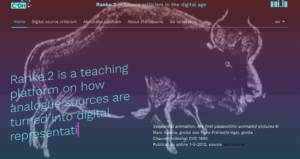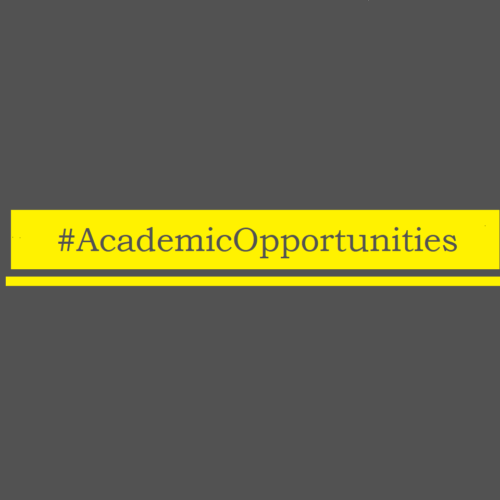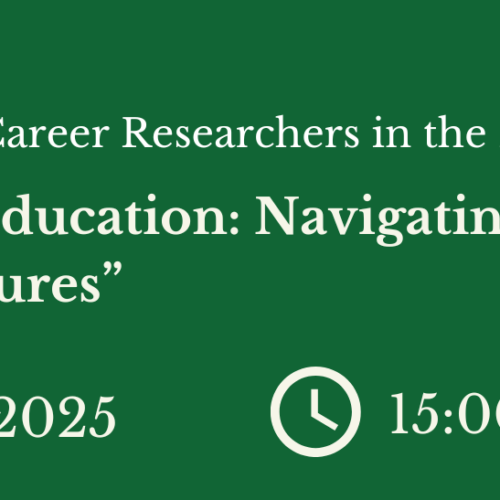A TOOL FOR DIGITAL SOURCE CRITICISM: TEACHING PLATFORM Ranke.2
 The critical interrogation of a historical source has always formed the basis of historical scholarship, but now that the web offers us seemingly unlimited access to retro-digitised and born-digital sources, it is necessary to update our skills. To be able to ask the right questions to what appears on our screen after a search on the web, we need some mathematical and technical understanding of digital phenomena.
The critical interrogation of a historical source has always formed the basis of historical scholarship, but now that the web offers us seemingly unlimited access to retro-digitised and born-digital sources, it is necessary to update our skills. To be able to ask the right questions to what appears on our screen after a search on the web, we need some mathematical and technical understanding of digital phenomena.
The teaching platform Ranke.2 has been developed at the Centre for Contemporary and Digital History at the university of Luxembourg, to cater for this need. It consists of a number of modular lessons on how to apply source criticism to sources in digital form. Each lesson deals with a specific kind of source, and offers a short animation, a quiz, and a number of assignments. Teaching aids are also offered that can be downloaded and printed. The resources is freely available without the need for an account, and in the good Luxembourgish multilingual tradition it is also possible to access the French and a German version.
For more information about Ranke.2 you can contact:
About author
You might also like
CFA: Doctoral Position in Education, Örebro University. Deadline: Aug. 30
CALL FOR APPLICATIONS Doctoral position in Education, Örebro University Örebro University is currently offering research study opportunities on the doctoral programme in Education. History of Education oriented
PhD Positions – Call for Applications
CALL FOR APPLICATIONS 4 years fully funded PhD positions Uppsala University, Umeå University, Stockholm University and Örebro University In the spring 2020, the national graduate school Schooling in perspective:
2nd Ángeles Galino Prize for the best doctoral thesis in the History of Spanish Education
The Spanish Society for the History of Education announces the second edition of the Ángeles Galino Prize for the best doctoral thesis on topics related to the History of Spanish



